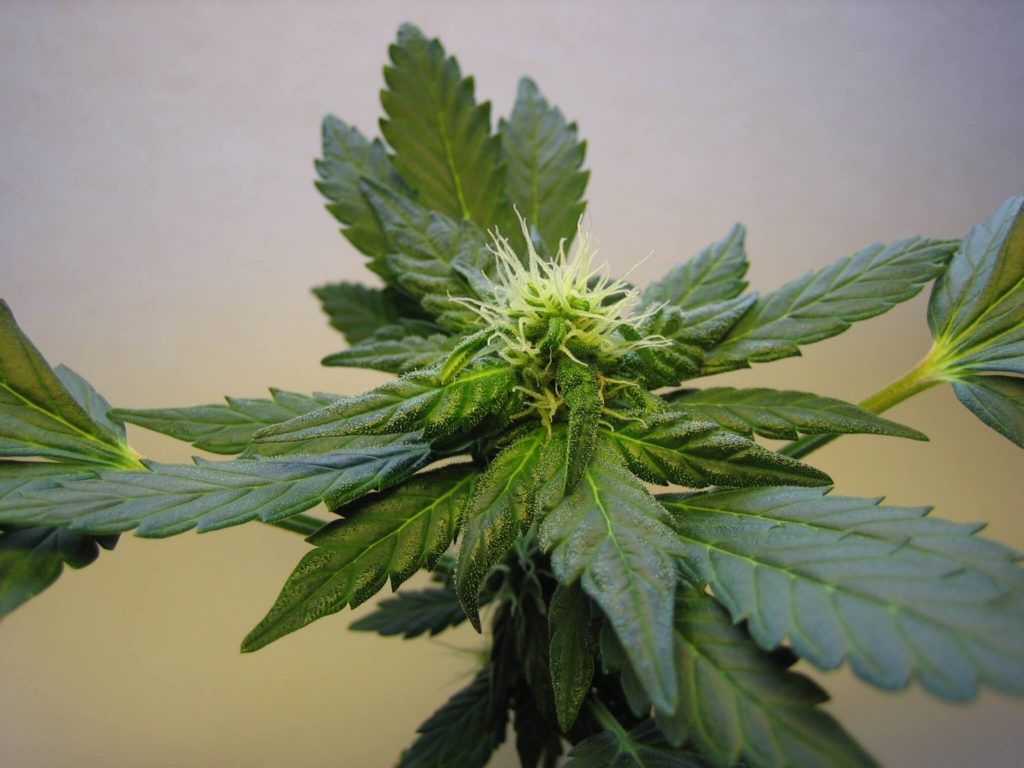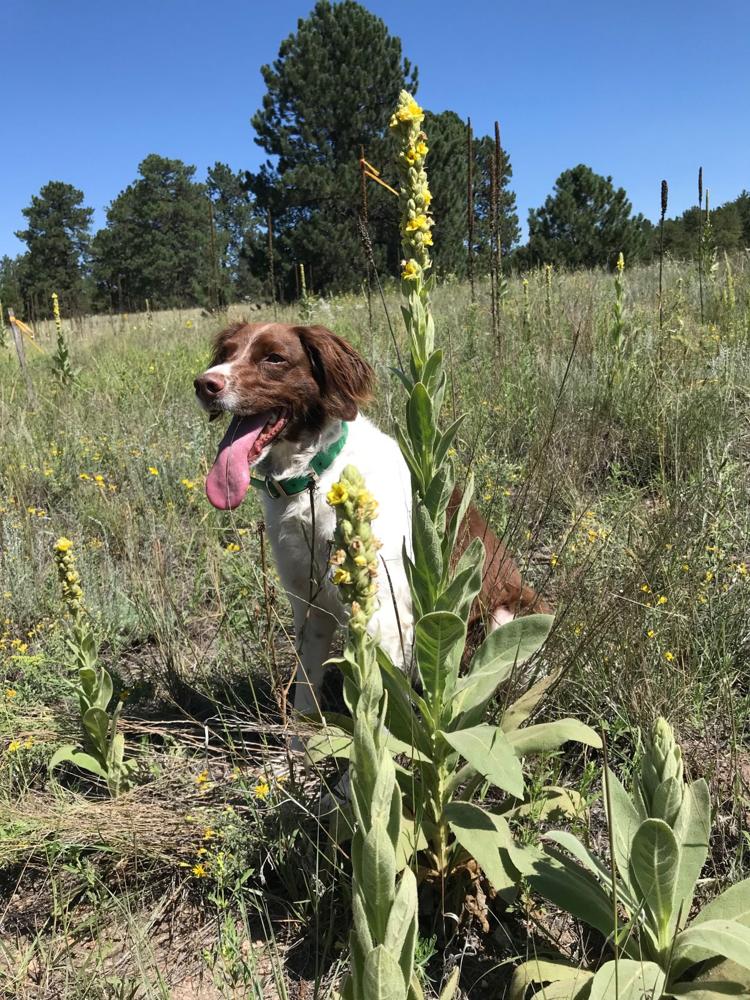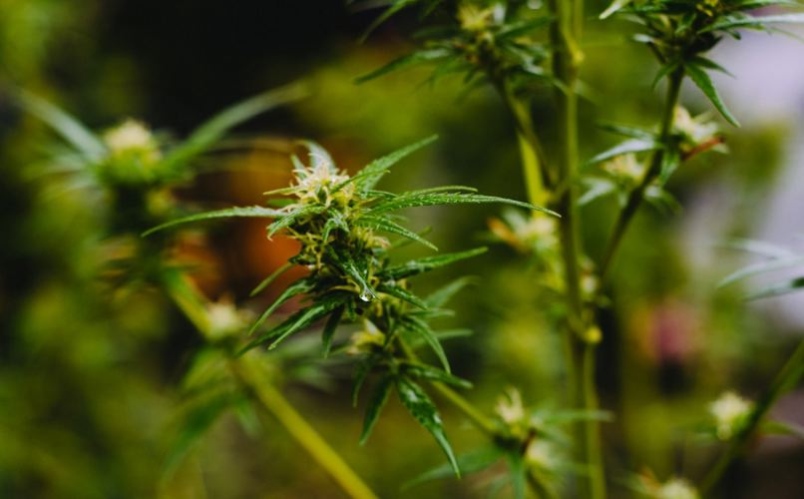A member of the morning glory family, field bindweed is a List C noxious species and is prevalent on Archuleta County rights of way.
The arrowhead-shaped, or hastate, leaves are dark green and can often be seen climbing up other plants, walls, fences and any object that might have been discarded along the road. The flowers are either white or pink with five petals united to make a tunnel-form flower. Each petal has a pleat where it connects with the next petal, resulting in a star pattern.
The seeds of field bindweed are viable in the soil for more than 50 years, making them a persistent pest. Tillage and hand-pulling are ineffective as the roots may grow 10 feet deep and spread 30 feet laterally.
Field bindweed flowers all summer long and the white or pink flowers can be spotted along thick, carpeted populations of the plant. This plant is a major problem in crop and agricultural lands.
Biological controls of field bindweed have varied results, and herbicide control options must be considered carefully, as many options will only suppress the plant and not control it. Read the label carefully when choosing an herbicide treatment. Solarization is an effective control method and can be achieved by using a mulch that will warm the soil, or black plastic. This may take several growing seasons to achieve full control.
Archuleta County Weed and Pest is your local resource for managing noxious weed populations and controlling other pests.
CPR and first aid classes
CPR and first aid certification classes are offered monthly by the CSU Extension office on the second Monday and Wednesday of each month from 6 to 10 pm. Anyone needing to receive or renew certification can register by calling the Extension office at 264-5931.
We will also attempt to schedule classes on additional dates with five or more registrations. Cost for the classes is $80 for combined CPR/first aid and $55 for CPR, first aid or recertification. The type of first aid information provided will vary by the needs of the audience.
Credit: pagosasun.com












